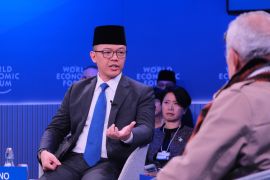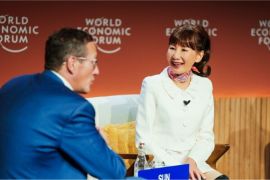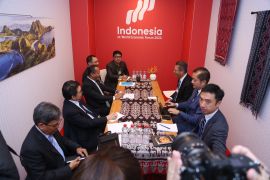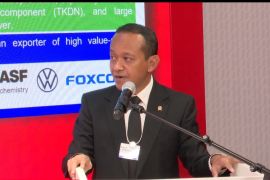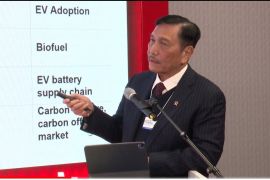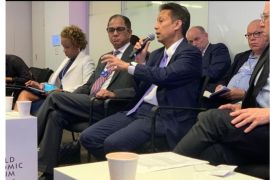The region has benefited the most from open trade and will be seriously hurt by rising protectionism, the WEF said in a press released published on its official website Monday.
East Asian economies are trying to break the log jam and are ready to be responsible. However, it cannot just be East Asia.
"It also has to involve other major economies, especially those who feel more needs to be on the table. We all have to be willing to come to the table in the first place to come up with a solution," asserted Pangestu.
In 2011, according to Pangestu , East Asia will focus on including "early harvests" in the Doha negotiations, such as quota- and duty-free access to least developed countries and simple rules of origin to go with them.
"It could also be possible to deliver some components of the agriculture package this year," she said. "We need to be creative and think outside of the box," she added.
Speaking at the same forum, Pascal Lamy, Director-General, World Trade Organization (WTO), Geneva, urged countries like Indonesia, Malaysia, the Philippines, Singapore and Thailand to help broker a compromise on the key sticking point in the negotiations, which is the reduction of industrial tariffs.
There is a huge gulf between the US on one side and China, India and a few other countries on the other, said Lamy. The developed markets want the large developing economies that now compete with them to cut tariffs to zero, but China and other nations reject the demand.
"This is only one of 20 outstanding issues, but 19 others, in my view, are reasonably ripe for conclusion and could be settled if convergence happens in this industrial tariff question," said Lamy.
Nevertheless, East Asia is committed to the Doha Round even though it may not be completed this year. Lim Hng-Kiang, Singapore`s Minister of Trade and Industry, reaffirmed East Asia`s commitment to the negotiations. "We need to make it work," he said.
Editor: Aditia Maruli Radja
Copyright © ANTARA 2011
